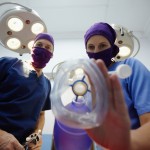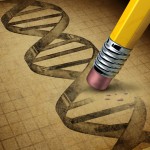
Elly O’Brien summarises a recent RCT of folic acid for depression, which explores whether mood disorders can be prevented in young people at familial risk. The trial finds no evidence that folic acid supplementation reduces the incidence of mood disorders compared to those taking placebo.
[read the full story...]










